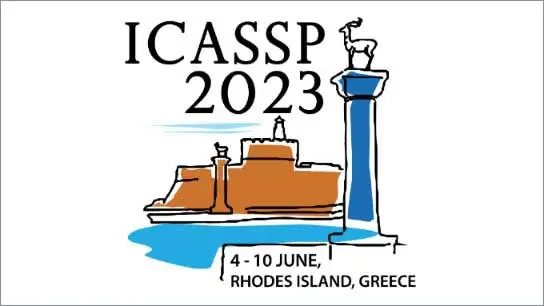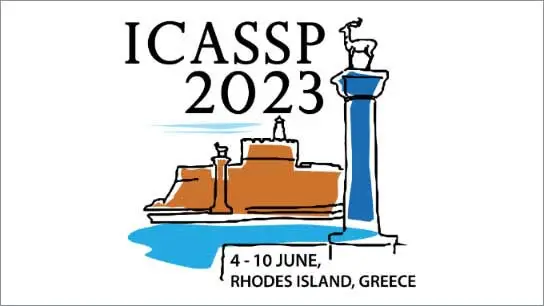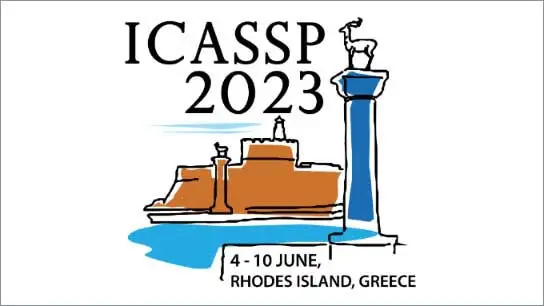CAN2V: CAN-BUS DATA-BASED SEQ2SEQ MODEL FOR VEHICLE VELOCITY PREDICTION
Jae-Heung Cho (Hanyang University); Joon-Hyuk Chang (Hanyang University)
-
Members: FreeSPS
IEEE Members: $11.00
Non-members: $15.00
09 Jun 2023
Vehicle velocity prediction is an important task in the automotive industry because it can improve a car’s fuel economy and reduce emissions. Velocity prediction task has been studied for many years, and recently deep learning-based techniques have received a lot of attention. To accurately predict vehicle velocity, it is essential to analyze vehicle characteristics, driving patterns, and road conditions. Previously reported methods have not been able to consider driving patterns, which is the most crucial factor in predicting velocity. In this paper, we propose a model named “CAN2V,” which effectively analyzes the vehicle characteristics and driving patterns in the encoder through multi-task learning. This model is an interpretable model of what input variables were used for velocity prediction through a variable selection network. Experimental results on a real driving dataset show that our proposed method outperforms the previous methods on a mean absolute error (MAE) and root-mean-square error (RMSE).



